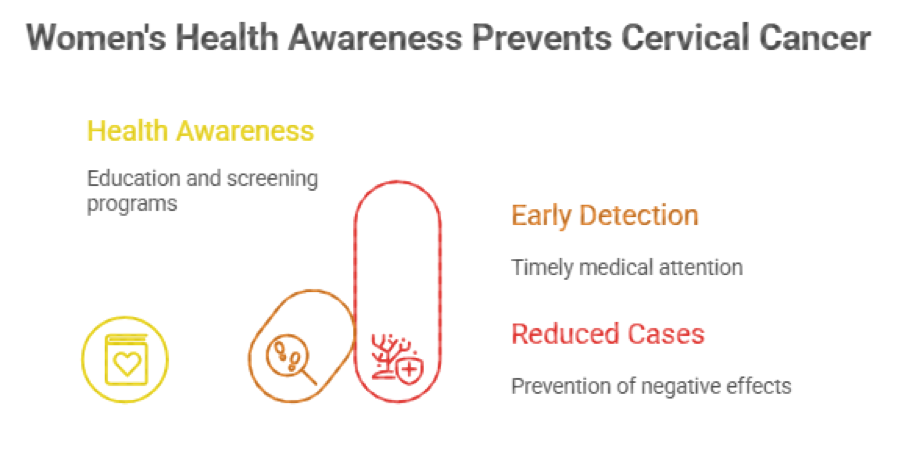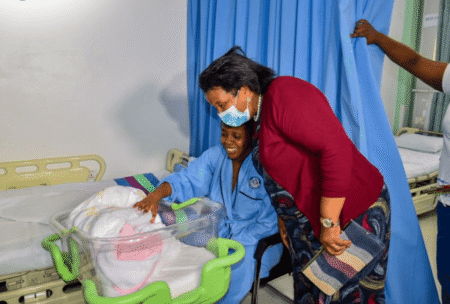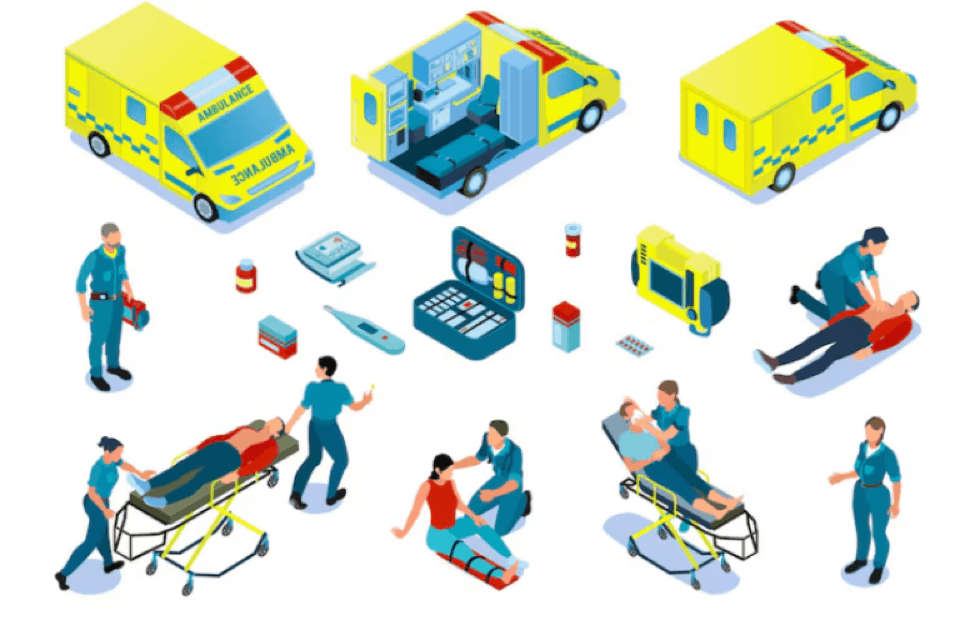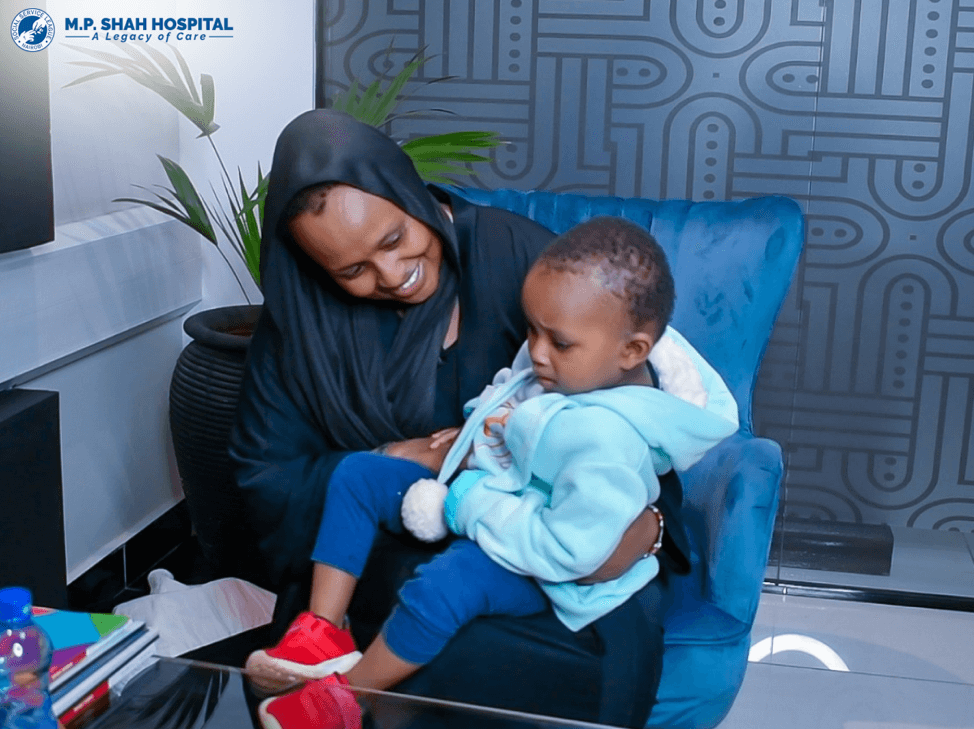M.P Shah Hospital is looking to recruit a professional and evidence-driven person for a vacancy in the Medical Services Division, as the Cardiologist.
JOB ADVERT-CARDIOLOGIST
Reporting to the Chief Medical Officer, the overall purpose of this role is to provide expert cardiac care, perform diagnostic and interventional procedures, and work collaboratively within a multidisciplinary environment to deliver high-quality services to our patients.
Main Duties & Responsibilities:
1. Evaluate, diagnose, and treat patients with cardiovascular disorders.
2. Perform and interpret specialized cardiac investigations including ECGs, echocardiograms, stress tests, and cardiac catheterizations.
3. Manage acute cardiac conditions such as myocardial infarctions, arrhythmias, and heart failure.
4. Collaborate with other specialists and departments to coordinate comprehensive patient care.
5. Participate in hospital clinical audits, case reviews, and quality improvement initiatives.
6. Educate and counsel patients and their families on heart health, disease prevention, and lifestyle changes.
7. Contribute to the training and mentoring of medical officers and interns.
8. Maintain accurate medical records and adhere to hospital protocols and regulatory requirements.
9. Refer patients to a Surgeon for corrective surgery as necessary.
10. Recommend post-treatment care, and educate patients about how to lead healthier lives
11. Prepare necessary Management and Medical reports as required by the Hospital Medical Director
12. Obtain continuing education by attending relevant conferences and reading medical publications
13. Assist in Marketing of the Cardiology Clinic through visiting potential clients and targeted medical camps
14. Conduct periodic general health talks to enhance healthy living for staff
Qualifications, Regulatory & Legal Requirements
1. MBChB or equivalent medical degree from a recognized institution.
2. Master’s degree in Internal Medicine
3. Cardiology specialization certification
4. Minimum of 5 years of experience working as a Cardiologist
5. Registration with Kenya Medical Practitioners and Dentists Council
Interested and qualified candidates in the above positions are encouraged to forward their applications to the hospital recruitment portal through the link below: https://recruitment.mpshahhosp.org:6670/careers on or before 13th June 2025.
‘MP Shah Hospital is an equal opportunity employer’











